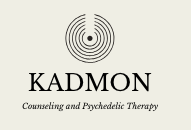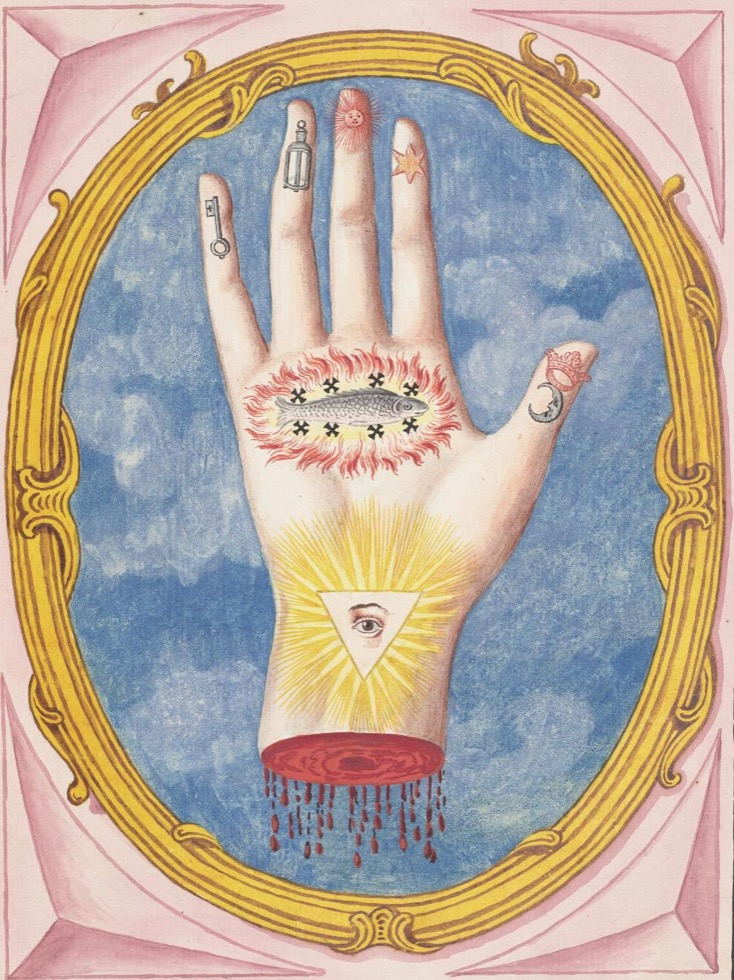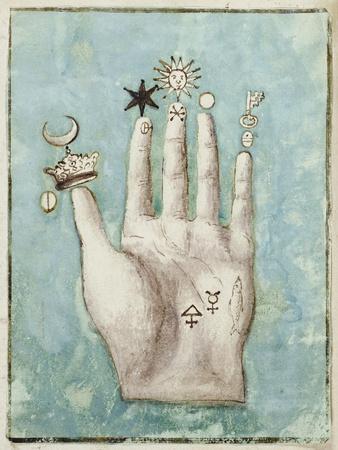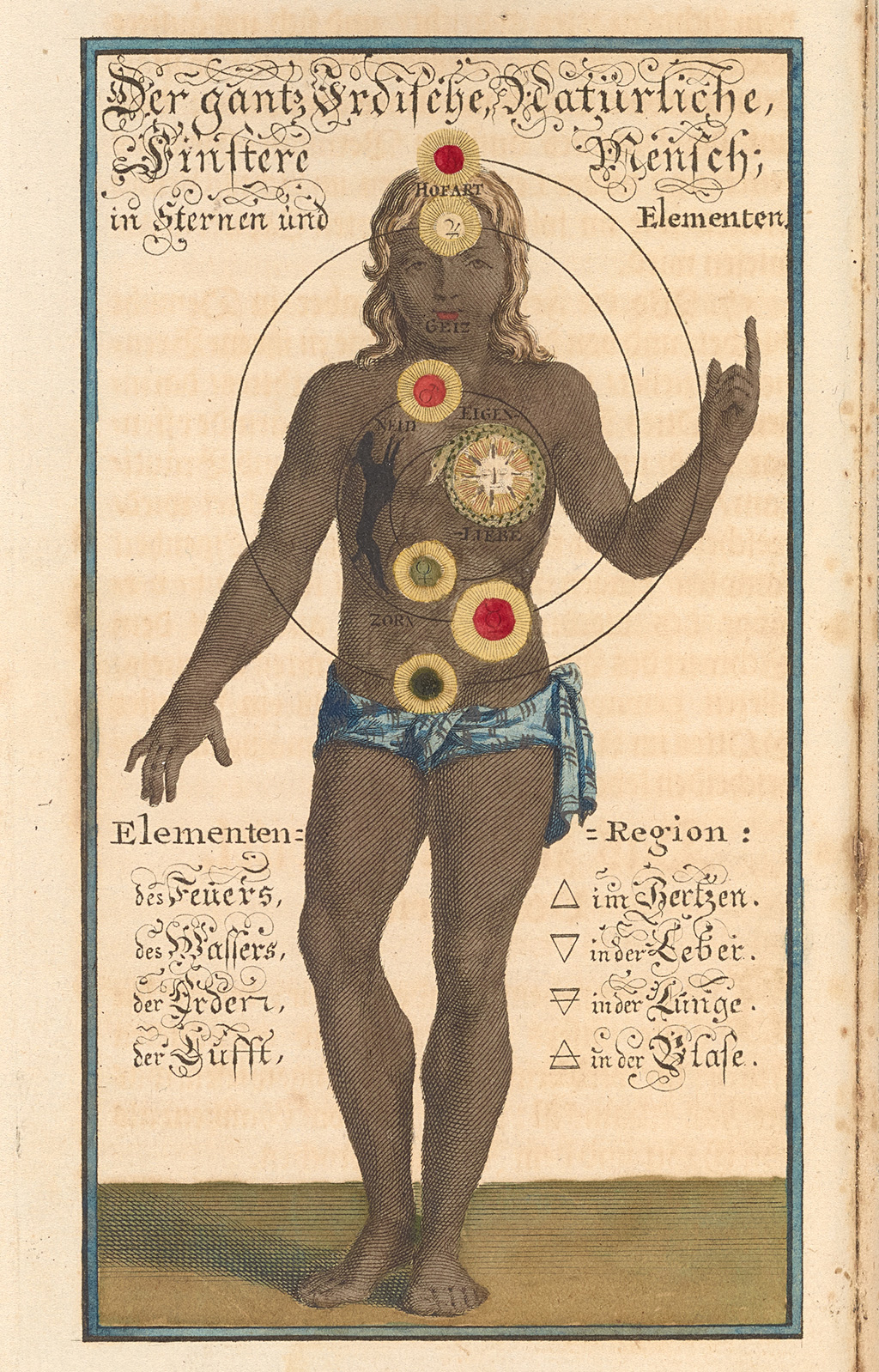Recommended Listening: Love is the Message by Yussef Dayes, Alfa Mist, Mansur Brown, Rocco Palladino
Confidence from being loved is strong. Confidence from experiencing suffering is stronger still. But confidence from being loved in and through one’s suffering is strongest of all.

I’ve once heard it said that we should look at those around us and see that we are all children that have survived a fire. True enough. But this leaves out an important factor: a fire may be accidental and just the folly of imperfect humans. And it may even be a conflagration given as a gift by nature to the planet to clear away that which is dead and dying. Most days, however, I find it more suitable and emotionally real to say that we are more like the children that escaped the ruined compound and tomb of flames in the Waco massacre. Just little children escaping a murderous cult and in shock and horror that their parents would have rather carried them into the grave choking and gasping for breath rather than let them walk out into the sun on their own, free from the chains of belief and bonding. Saying we escaped a fire grants us a measure of compassionate protection from a much graver and terrifying reality. It wasn’t just a fire – it was a sacrifice.

When you have been forged and fire and fury, there is a very rational assumption that pain and especially emotional pain are just always present in the body and will always be present in the body. That the being you are is itself made of and sustained by pain. That is why pain and our fear is so intensely addictive. You just learn to assume that you are always in unspeakable pain and have to be silent around it. You become addicted not to pain or fear but the being that is comprised of them. The only hope is to just medicate the pain because it is a lesser suffering than giving up the being that only knows how to exist in pain and as pain.

The greatest violence of conditional love is making the infinite subordinate to the finite. When we make the absolute serve the mundane, the sacred serves the profane. Unconditional love and conditional love are not just opposites of each other – they are fundamentally incommensurable categories. They are two contradictory logics. Conditional love makes that which is most of the spirit reducible to the whims of the flesh.

The greatest deceit of all anxiety and worry is that it proclaims to make all that is in flux into something concrete, to make it a thing. Anxiety turns a process into an object. It turns a system into merely one of its parts, one of its infinitesimal moments. Worry demands certainty and solidity because it demands that which flows must become that which persists. It demands reality be other than it is – it demands reality be equal to our perceptions and fears of it. This is all so fleeting, my dears. Of what use is it to worry when it’s all slipping through your fingers in this very moment, anyway? It is already gone by the time you finish this sentence.

The greatest gift of pain is that it gives you something to build a world upon. But you have built your life on pain caused to you by your jailers and therefore there is no way to be a self without some tie to being imprisoned. You are building a self which can rant and scream through the bars and even throw excrement at the guards and visitors who simply pass by your cage with curiosity and even amusement. Your pain is perhaps their secret joy, their secret glory, and their final victory. Sure, you have a self but it’s still in a cage all the same. And no one is coming to break you out of it. They are too scared of your primal screaming and raging which is simply you crying out to exist. And this turns into your perverse satisfaction because at least this way, they will give you a wide berth for your pain. And it is even more room to expand your self into. And in the end, the self becomes the gap between the self and the other, between the healed and the broken, the jailer and the jailed. The bigger the gap, the bigger the self. And we strive to make the self of pain as large as possible.

Impermanence is the great liberator itself. Death and impermanence do not destroy meaning and purpose. They create it. It is only the mind’s interpretations of death and impermanence which rob reality of its greatest dynamo of meaning – the fact that all this can and must end. From impermanence we move from resistance to tolerance to acceptance to embrace and eventually to love. Death reduces everything to cold ash. Impermanence brings everything to life.

What is vulnerability really? That which is most raw and exposed in you, that which has no shielding. But nothing suffocates and kills like armor. It kills more than the blade and carries more of us to the grave than being cut down ever will. If it is a choice between dying by suffocation or being cut down with my bare body open and standing in the sun for the first time, I’ll choose being cut down every time.

If there is no self, no “I”, for the liberated and whole being, then there is no self and no I for any being. So what does that make this great conglomeration mass of selves, of I’s, that we are? Self and no self are not opposites – they are incommensurate categories based on entirely different sets of experiences and reality. But this distinction is only one that exists in the mind. The mind creates the reality that there is mind and not mind. A thing is created through the inherent negation of itself. I am a self only to the degree that I have negated another self, another I just like me, another I which is me.

When one experiences the cataclysm of abandonment, it is not just an emotional experience. It is an encounter with a force of nature interpreted by our nervous systems as a metaphysical law of the universe itself. What are the metaphysics of abandonment and isolation? They state that a being must be outside of the order of all life for abandonment to occur. This is why one feels and experiences what they do on an ontological and spiritual level. The metaphysics of abandonment make a single atom of the universe the state of exception to all of its laws that govern it. In Gnosticism, the demiurge is that daemonic/demonic false god that creates material reality out of ignorance and even malevolence. It operates on the metaphysics of deceit. When encountering all forces of nature and metaphysical laws in your nervous system, ask whether this is the metaphysics of malevolence or the metaphysics of transcendence. Was it a demiurge that whispered these metaphysics softly into your ear? Then decide whether you are the exception to the universe or simply one atom of the great body of the sublime.

You can’t heal what you don’t acknowledge. And you can’t set down what you deny you are carrying. We all carry a great stone around our necks held by a thin and fraying rope. This stone was given to us by those with their own stones. How else did they know that we should carry it along with them? And how else did we learn to ignore its absolutely punishing weight around our neck? And beware: if you point out the stone and someone points out your own, it can draw out that which is most destructive within us. But also perhaps it may draw out that which is most full of light. Look around you and at yourself as a great procession of being with everyone’s gazes pulled down to the earth in front of them from the weight of this stone. Seek to break the stone into eight pieces and scatter it in the ten directions. Maybe then we can stand upright once again and look each other in the eye.

There is a sound emanating from the black hole at the center of our spiral-armed galaxy. Is it a scream or a song? Is the singularity wailing or singing? If the universe speaks to us, we will have ears to hear it when its bell resounds across the depths? And we will hear it or only us in our smallness and stillness? When encountering that which is most alien and ethereal to us, we necessarily see ourselves in that which eclipses all understanding of this earthly plane. Even the black hole’s song can tell you something about how your mind works.

Encountering death creates a hard layer of tissue that provides protection and shielding from the harsh elements and attacks of being and reality. Deadness armors us against life and all its vicissitudes. Confrontation and dancing with death creates ever harder layers of tissue to combat its force and shield from its presence. This process is mirrored in the heart and mind, as well. But this deadened layer of the body and mind kill that which is internal and alive if the body and heart encounter too much death too rapidly. Who can fault the body and the mind for this reaction? When you have been torn open by the universe, overwhelm and fear of being overwhelmed become the most efficient way to protect from a repetition of this experience. Boundaries, by contrast, create an air tight container of protection but with a permeable boundary between self and world. Boundaries are a foil that creates lift so that one may finally escape the terrible burden of gravity and death. Boundaries create life and allow it to flow through our permeable skin and deadened layers necessary for our survival. Death and life can finally stand in balance with each other.

How can I not deserve to exist yet sit here and clearly exist? While there is a gap of shame created by my internal standard for perfection (i.e. the right to exist) compared to my current state (i.e. the fact that I do still exist), there is an even stronger gap between the size of the feeling that I do not deserve to exist with the amount of evidence that I can and actually do exist. In the end, any feeling of not deserving to exist or be worthy of love is an absurdist encounter with the entire world providing you evidence to the contrary.

In the Dhammapada, the Buddha tells us that mind precedes everything. It is not the flag that moves the wind or the wind that moves the flag – it is your mind that moves. But what is mind exactly? And what is my mind versus Mind? When one experiences the choice to shape one’s mind as you see fit, it emphasizes the ways in which others have shaped your mind as they see fit. No one owns just their mind. Minds are socially-constructed processes and experiences of which we are all constantly making and remaking together continuously. The mind is fundamentally communal. Let us make the material conditions of our existence most hospitable for our communal mind. In the end, they are likely one and the same thing.

Things become Spirit, which is to say real, through relation and relation only. This extends to all beings and objects, as well. Objects and beings become real to me to the degree I have cultivated a relation to them. Objects, even the stones and rotting logs and pigs and great rhinoceros beetles, become real only through this relation. And self and other become real to the degree of my relation to them. But if we do not create the relation, reality and nature itself will force it upon us through the destruction of the inherent relationship that was there all along. Or it will destroy us due to our neglect of our care of it. And objects shine with inherent realness because what object exists without being in relation to all other objects and beings whether we acknowledge and experience them or not. It is only us that can postulate that there is no relation. And by doing so, we become death embodied. If you want to be alive, cultivate as much relation to things as you can. Realness is a thing to be cultivated.

The dung beetle navigates through the stars and magnetism of the earth. It pushes its great Sisyphean boulder of shit across the earth and is guided by the same cosmic principles as you and I. And how similar we are in the ways we roll around a ball of excrement to nourish us and sustain our life. I often wonder these days how much the fish and dung beetles and mushrooms and orangutan share more of my philosophy and metaphysics than I will ever be able to know or understand. And perhaps the greatest sin of all humankind is how little effort we make to meet them halfway on our common ground. Maybe the whole universe is communicating around us and with us always. Maybe if we could hear and listen, we might find that there is never a single moment when you are not in the presence of the other inside and outside of you. How could you ever possibly be alone?

The point of having a practice is not to obtain some sort of goal but to experience a way of being. Practice is a way of being. And you and I are always practicing so perhaps we stop and ask each other, “what are you practicing in this moment? And is it bringing life or more death into your world? Can I practice with you”

The greatest grief is not the loss of the object but something being proven false which you have lived and loved believing it was true. Betrayal trumps death in every instance.

We all need a refuge. The question is what are we taking refuge from just as much as what are we taking refuge in? Often we move too quickly from from we are taking refuge from and assume it is the world that threatens us and makes us cower in fear of its power and hostility. But in the realms of Buddhism, for example, we take refuge in the Buddha (awakened mind), the Dharma (the teaching of awakened mind), and the Sangha (the community and communion of beings in awakened mind) which are aspects of the ultimate reality. So if we take refuge in Ultimate Reality, what are we taking refuge from? Our minds that have convinced us they are ultimate reality. We take refuge in reality itself to finally have a way to see that the mind is a great demiurge that has created this prison out of love.






